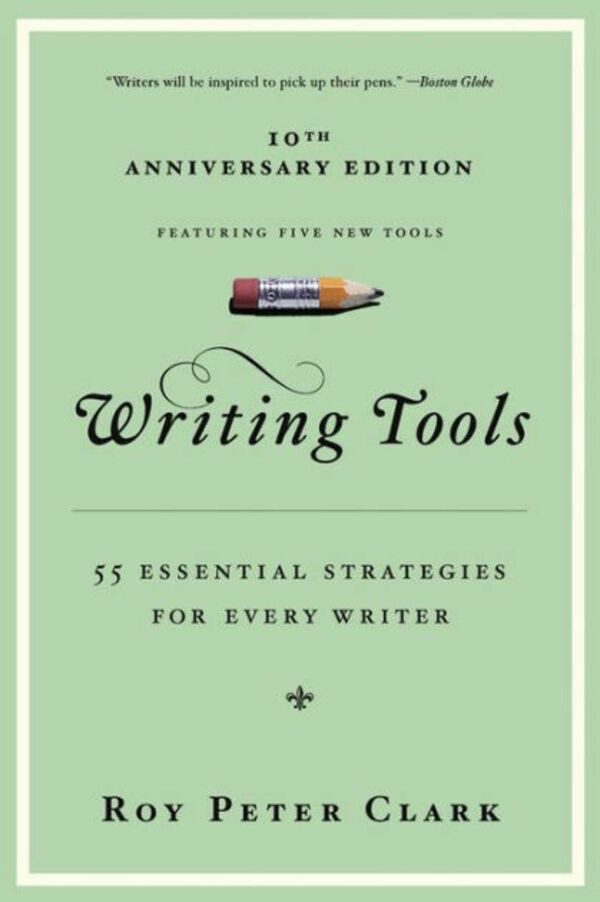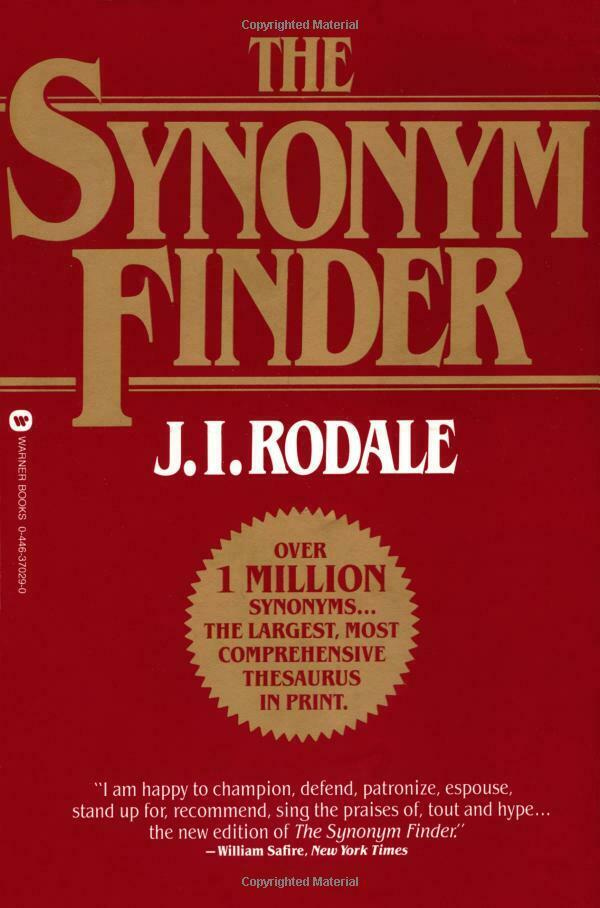Marketing 101
Essential tools for marketing
Marketing is the practice of making products worth talking about, and then creating stories that get them talked about. It sometimes (but only rarely) uses advertising as a tool. Most of all, it starts with what gets made and why and how.
Tools that are useful:
A phone
The most important element of marketing is story telling, figuring out how to make something worth talking about, and talk about it in a way that resonates. While social media seems like a magical wonder megaphone, the fact is, calling your customers and talking to them is an overlooked shortcut. Humility plus compassion opens you to true connection.

This is software built on the idea of permission marketing. You can deliver millions of emails to people who want to get them (your true fans, your customers or the merely interested) for just a few dollars. Easy to use, helpful people and beautifully done.

Very different sites with similar goals: to help you find talented designers and other freelancers that can take your work and make it professional enough to sell. Rule of thumb: pay a lot and try to get more than you pay for.
It doesn’t really matter which one. Marketing is about learning how to see — to see opportunities, to see stories that resonate, to see dissatisfaction. One way to see better is to read more, daily. And blogs are a priceless way to do that. In fifteen minutes a day, I can keep up on more than 100 blogs a day. Consider: Copyblogger, Scott Adams, David Meerman Scott, Mitch Joel, Steve Dennis — and then, with gluttony, add every blog you can find, then prune.
Books
Marketing lends itself more to discovery and education via books than any other topic I know. A thorough reading of a hundred books is enough to make you aware of just about all the nuance (at least the nuance that you can get without actual experience), but perhaps you could start with a few:
John Jantsch’s Duct Tape Marketing is a fine primer for the small business person who wants to market without relying on merely buying ads or spamming the world. He offers free ebooks as well.David Meerman Scott’s New Rules of Marketing & PR is quite tactical and helpful.
06/23/14Excerpt
Sample excerpts from Duct Tape
Price, as I suspect you’ve learned, is a terrible place to compete. There will always be someone willing to go out of business faster than you.
*
Find something that separates you from your competition; become it and speak it to everyone you meet. Quality isn’t it; good service isn’t it; fair pricing—not it. These are all expectations. The difference needs to be in the way you do business, how you package your product, the way you sell your service, the fact that you send cookies to your clients, your ability to show people how to transform their lives—it’s in the experience you provide.
*
My definition of marketing is: “getting someone who has a need, to know, like, and trust you.”
*
Don’t think about making a sale online; think about getting a chance to make an impression.
*
Develop your marketing strategy around a narrowly defined ideal client above all.
*
Few businesses really provide great service. In fact, stealing market share in mature markets is one of the easiest paths for smart start-ups to run.
From New Rules:
I'm absolutely convinced that you will learn more by emulating successful ideas from outside your industry than by copying what your nearest competitor is doing
*
When you stop talking about you and your products and services and instead use the web to educate and inform important types of buyers, you will be more successful.
*
For most people and organizations, it's better to be active in a few social networking sites instead of creating profiles on dozens of them and being too busy to spend much time in any one.
*
Instead of a one-size-fits-all website with a mass-market message, we need to create many different microsites—with purpose-built landing pages and just-right content—each aimed at a narrow target constituency.
*
You are not just creating a big brochure about your organization. You're writing for your buyers, not your own ego.









